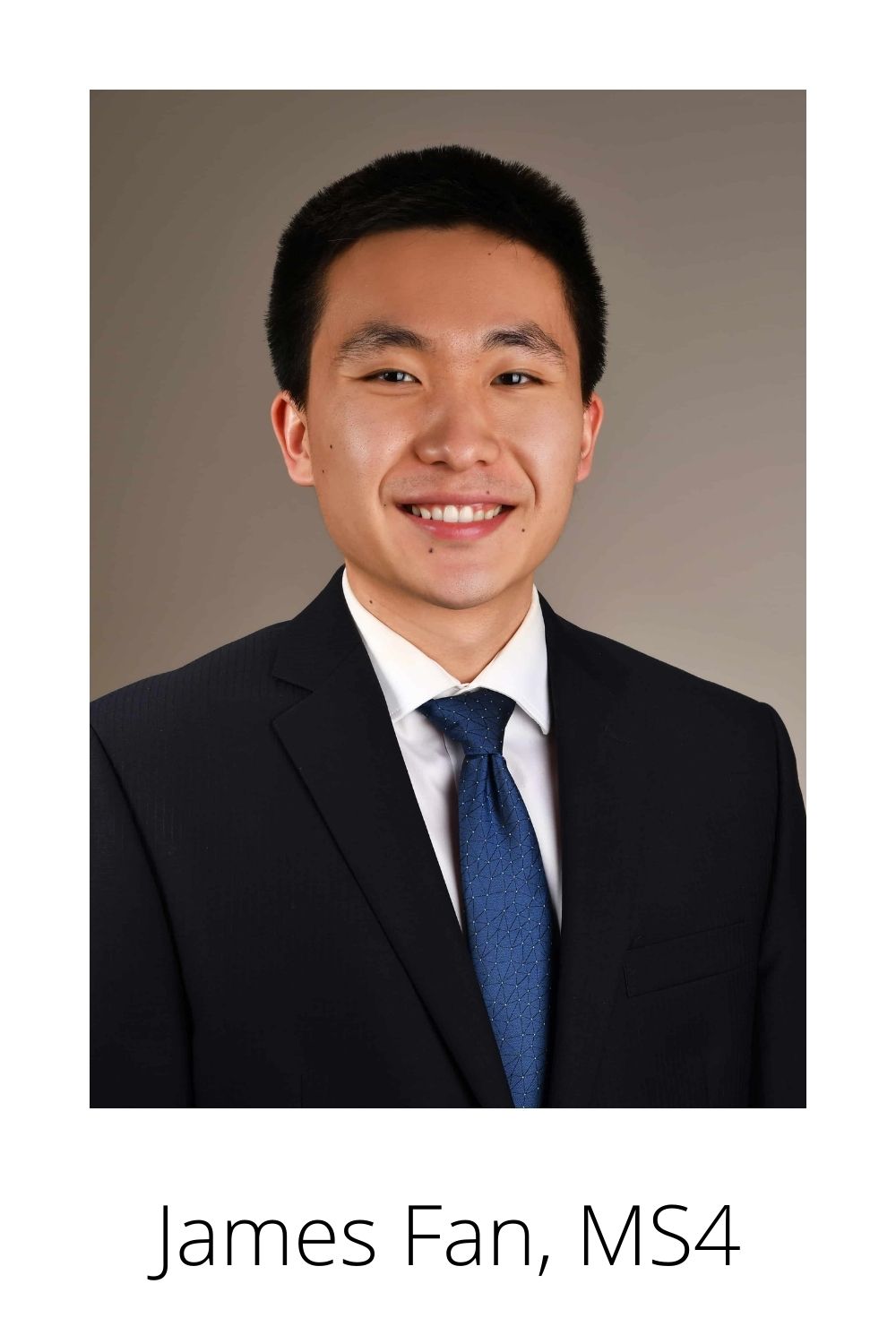Student Perspective: James Fan, MS4

Arusha
Arusha is a city in Tanzania, sandwiched east of Mount Kilimanjaro and west of some of the most beautiful national parks in the world – the Serengeti, Ngorongoro Crater, and Tarangire. For westerners, it is used frequently for its airport. Many are led directly into a Land Cruiser and shuttled to their luxurious resort. While most do not interact with the native population, some have extended their hand to help. Outside the safari bubble, Arusha suffers from problems much of rural Tanzania faces: inadequate roads, lack of medications, and hospitals that cannot support the population.
NGOs
During my three months in Arusha, I saw evidence that NGOs, individual donors, and government organizations give millions of dollars to improve healthcare. The donated swing set in the district hospital, the recently paved roads around the hospital, the heated maternity beds. There was no doubt that many who had given time and money made a positive impact. Frequently, however, I thought about the gifts that never lead to substantive change and only demonstrated the coloniality of global health. The heated maternity beds, for example, were shoved into a room because the district hospital’s electrical system could not support them. Even projects that were effective, such as targeted AIDS relief, did not address underlying health issues most urgent to the community. Through my research, I found that the entire district only had one functioning ambulance. The maternity ward was often so small it forced women to lay two to a bed. Most urgently, their morgue had only a capacity of two storage units. Families had to carry their loved ones to the regional hospital to be prepared for burial.
My Task
But few NGOs wanted to ask their donors for money to fund a morgue. Most never truly listened to what the local officials or communities wanted. My task during the study abroad experience was to connect with the local population and research priorities for healthcare improvement. With a local college student as my guide, we set out each day to interview those in the community, ultimately presenting our findings in English and Swahili to the District Medical Officer and local officials. To decolonialize global health, this depth of understanding towards the local population must be conducted on a much larger scale. There must be a shift away from short-term projects towards sustainable development.